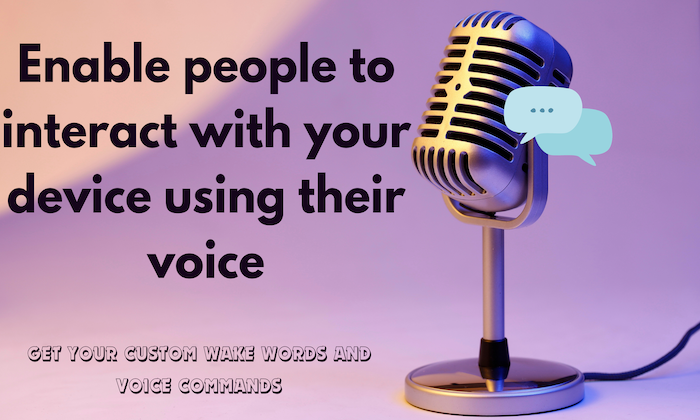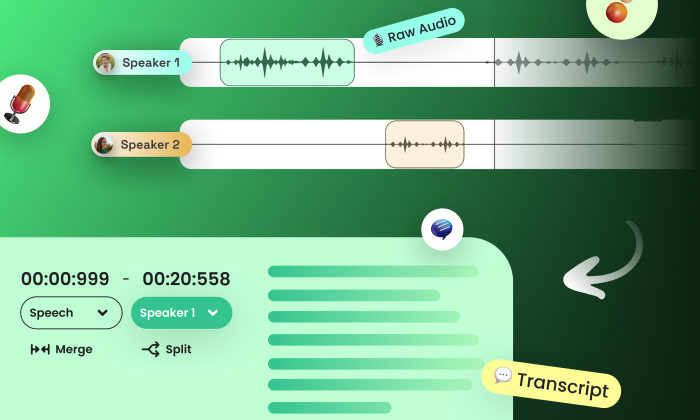Are in-car speech datasets compatible with popular machine learning frameworks (PyTorch, TensorFlow, scikit-learn)?
Machine Learning
Speech Datasets
AI Frameworks
In-car speech datasets are pivotal for developing AI systems that understand driver and passenger interactions within a vehicle's acoustically complex environment. A common inquiry among AI engineers and product managers is whether these datasets are compatible with leading machine learning frameworks like PyTorch, TensorFlow, and scikit-learn. The answer is affirmative, and understanding the nuances of this compatibility is essential for successful implementation.
Understanding In-Car Speech Datasets
An in-car speech dataset comprises voice recordings captured inside vehicles, featuring spontaneous and prompted speech from various speakers in real-world driving conditions. These datasets are crucial for training AI models in applications like speech recognition, command understanding, and emotion detection. Vehicle interiors present unique acoustic challenges, characterized by background noise from engines, road textures, and passenger conversations, which demand specialized datasets distinct from conventional ones.
Why Compatibility Matters
Compatibility with frameworks such as PyTorch, TensorFlow, and scikit-learn is crucial due to:
- Model Training Efficiency: Seamless integration accelerates the adaptation of in-car speech datasets into training pipelines, expediting AI model development.
- Customization and Flexibility: Compatibility across multiple frameworks allows teams to choose the best tools for their needs, whether they lean towards deep learning (TensorFlow, PyTorch) or traditional machine learning (scikit-learn).
- Scalability: The ability to switch or modify frameworks easily ensures the long-term adaptability and scalability of AI solutions.
How In-Car Speech Datasets Work with Machine Learning Frameworks
- Data Preparation: In-car speech datasets come with comprehensive metadata, including speaker demographics, environmental noise conditions, and microphone placements. This metadata is crucial for fine-tuning models and is easily integrated into the preprocessing steps of any ML framework.
- Format Compatibility: Datasets are provided in standard audio formats (e.g., WAV) with annotations in formats like JSON or CSV, allowing direct import into machine learning environments without extensive conversion.
- Framework-Specific Libraries:
- TensorFlow: The tf.data API efficiently loads and preprocesses audio files for model training.
- PyTorch: torchaudio simplifies loading audio datasets, enabling straightforward model integration.
- scikit-learn: Though focused on traditional ML, scikit-learn can extract audio features, such as MFCCs, to prepare input for models.
Real-World Applications & Use Cases
- Voice-Controlled Infotainment Systems: An automotive manufacturer uses in-car speech datasets to enhance its voice-activated infotainment system, allowing drivers to control navigation and music via natural speech commands, trained using TensorFlow.
- Emotion Detection in Autonomous Vehicles: A startup develops AI models for detecting driver fatigue using spontaneous speech from high-noise environments, trained in PyTorch, ensuring robustness against varied background sounds.
- Custom Voice Assistants: A luxury electric vehicle brand sources custom datasets to develop a multilingual voice assistant, leveraging scikit-learn for command classification and TensorFlow for speech recognition.
Challenges and Best Practices
Despite their compatibility, using in-car speech datasets with popular ML frameworks can present challenges:
- Noise Variability: In-car environments vary greatly. Models trained on clean datasets might underperform in real-world conditions. Ensuring datasets include diverse noise profiles is crucial for robustness.
- Annotation Quality: Detailed annotations are essential for effective training. Poorly annotated datasets can lead to biased models. Prioritize datasets that provide comprehensive annotations.
- Framework Limitations: Each framework has specific strengths and weaknesses. Understanding these can help optimize model performance.
Future Trends and Evolving Technologies
As AI advances, particularly in natural language processing, the demand for sophisticated datasets will grow. FutureBeeAI is at the forefront, providing datasets that support cutting-edge technologies such as multi-agent AI systems, emotion-rich dialogues, and federated learning for personalization.
Embracing the Future with FutureBeeAI
Harness the full potential of in-car speech datasets with FutureBeeAI's offerings. Our datasets integrate seamlessly with popular frameworks, ensuring your models are trained on rich, relevant data that captures the intricacies of in-car interactions. Choose FutureBeeAI to accelerate your innovation journey and develop solutions that enhance the driving experience.
By leveraging our expertise in AI data collection and audio annotation, you can create robust models that stand the test of real-world conditions, ultimately driving success and innovation in automotive AI applications.
What Else Do People Ask?
Related AI Articles
Browse Matching Datasets
Acquiring high-quality AI datasets has never been easier!!!
Get in touch with our AI data expert now!








